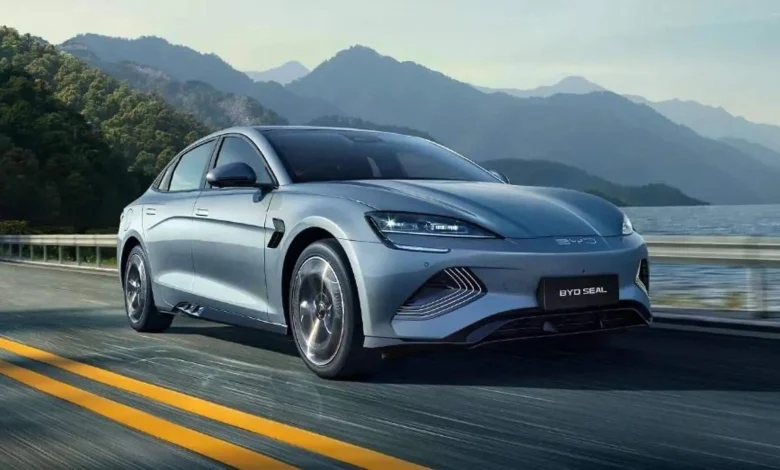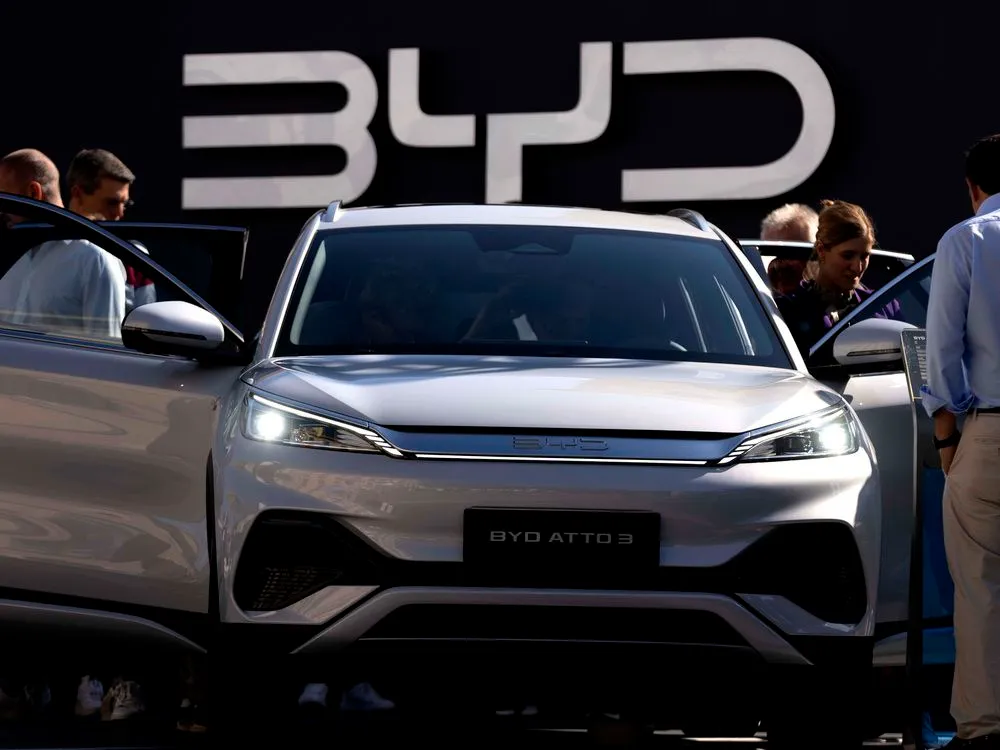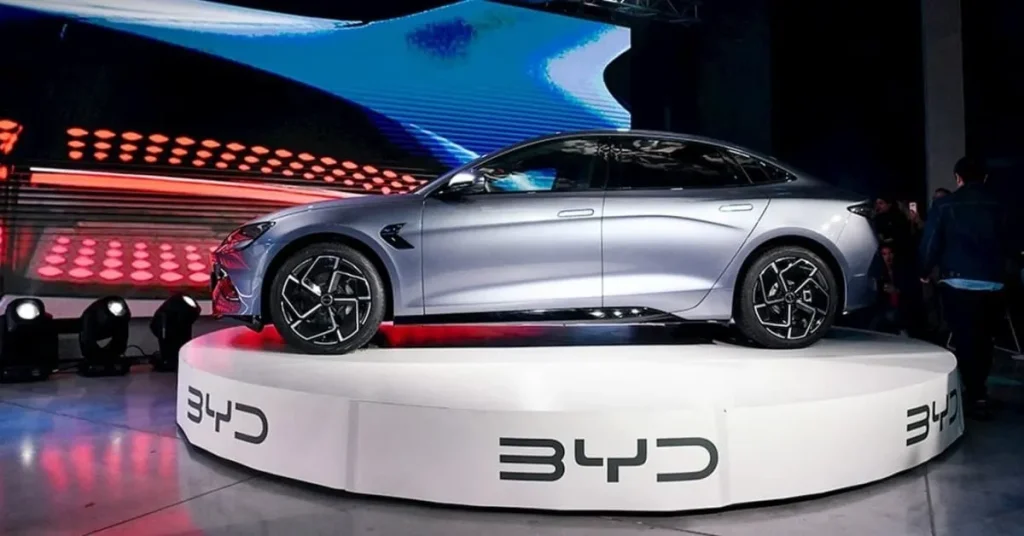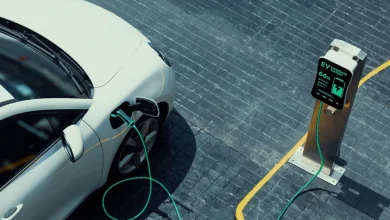
BYD EV Batteries Outperform Tesla’s in Efficiency Test
German researchers found BYD EV batteries to be more efficient than Tesla’s, citing superior packaging and energy density.
German analysts conducted a comparative research by taking apart Tesla and BYD batteries to understand design and efficiency structures. Scientists performed the tests which yielded unexpected outcomes showing BYD’s Blade Battery winning Tesla’s 4680 cell across multiple important criteria such as energy density and space efficiency. A quantitative analysis showed significant distinctions in engineering solutions because it measured battery casing energy density.
The usable energy capacity of Tesla’s 4680 battery was measured at 26.6% whereas the BYD cell achieved an advanced 49.5%. This means the Chinese-made BYD EV batteries not only store more energy per unit of space but also weigh less. BYD’s structural advancements confer superior efficiency performance to the company which directly impacts EV range and efficiency standards.
Why BYD EV Batteries Outclass the Competition
What sets BYD EV batteries apart is their innovative cell-to-pack technology. The Blade Battery design of BYD features long flat cells which offer more efficient fitting inside the pack than Tesla’s traditional cylindrical cell modules with their empty spaces. By utilizing this design BYD ensures their battery packs remain tightly packed and thermally managed for enhanced safety to deliver energy output at the same level.
Another benefit is simplicity. The BYD EV batteries eliminate the need for complex cooling structures and support frames, reducing weight and production complexity. Strengthened car performance comes from this structural efficiency when more battery substance can be utilized for true energy storage. Global market players have taken notice to BYD’s market approach focused on range extension and quick charging capabilities.

Industry Implications and Tesla’s Response
The 4680 battery from Tesla was intended to bring major changes to all Tesla vehicles but it meets substantial market resistance. Although Tesla’s batteries offer strengths like improved charging times and high output, they fall short in volumetric efficiency when compared with BYD EV batteries. The company now holds an advantage both within China and worldwide among countries whose priority lies in energy-efficient performance.
The company has not publicly addressed the findings regarding its battery technology while industry specialists predict Tesla will boost efforts on its future battery design. Market domination in global battery competition requires companies to invest in cell structure and material advancements as well as integration method breakthroughs to maintain their leadership position. The most critical ranking currently belongs to BYD which leads the category of energy storage density relative to battery dimensions.

Final Thought
The German researchers’ report marks a significant shift in the perception of BYD EV batteries. BYD transformed its initial position as a choice focused on values when its technology started receiving accolades for superior engineering methods. The extensive range performance achieved by BYD proves that the industry’s future production strategy can rely on their technology platform.
The findings about BYD EV batteries generate new strategic questions regarding worldwide battery manufacturing networks. Manufacturers who heavily depended on batteries sourced from Korean and American companies should think again about their supply chain plans because of these assessment findings. If BYD EV batteries continue to outpace competitors in real-world performance, they could become the preferred choice for next-gen electric vehicles worldwide.



